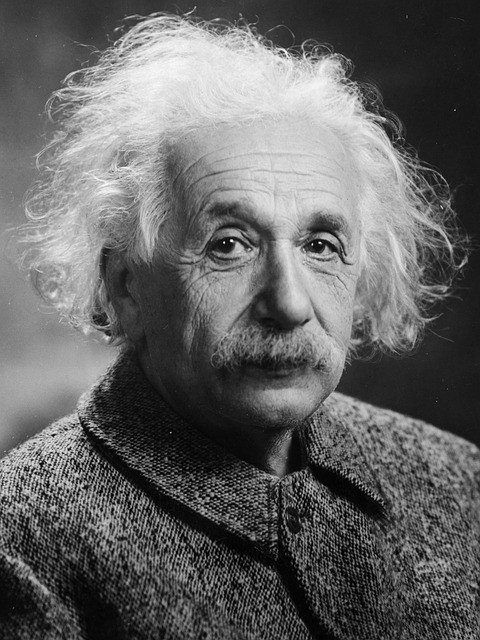The understanding of gravity has evolved significantly over time, from ancient observations to the revolutionary theories of Isaac Newton and Albert Einstein. Here’s a brief history of gravity’s development:
Ancient Observations:
- Throughout history, people noticed the force that causes objects to fall toward the Earth. Ancient civilizations, including the Greeks and Egyptians, had basic understandings of gravity’s effects.
Isaac Newton’s Law of Universal Gravitation (1687):
- Isaac Newton’s groundbreaking work introduced the concept of universal gravitation. He formulated a law stating that every mass attracts every other mass with a force directly proportional to the product of their masses and inversely proportional to the square of the distance between them. This law explained the motion of planets around the Sun and falling objects on Earth.
Einstein’s General Theory of Relativity (1915):
- Albert Einstein’s theory of general relativity introduced a new understanding of gravity as the curvature of spacetime caused by massive objects. Rather than a force, gravity is a result of the geometry of spacetime itself. General relativity explained the observed bending of light around massive objects (gravitational lensing) and predicted phenomena like time dilation and black holes.

Quantum Mechanics and Gravity:
- Quantum mechanics, which describes the behavior of subatomic particles, and general relativity are currently the two major pillars of modern physics. However, unifying these theories into a single theory of quantum gravity remains a significant challenge in physics.
String Theory and Beyond:
- String theory is a theoretical framework that attempts to reconcile quantum mechanics and gravity. It suggests that fundamental particles are not point-like but rather tiny vibrating strings. While string theory holds promise, it has not yet been experimentally verified.
Current Challenges:
- Understanding the behavior of gravity at extremely small scales (quantum realm) and reconciling it with quantum mechanics is a major challenge in modern physics. Discovering a theory of quantum gravity would have profound implications for our understanding of the universe.
The history of gravity illustrates how scientific knowledge evolves over time as new theories and discoveries build upon previous ones. While Newton’s and Einstein’s theories revolutionized our understanding, the search for a complete and unified theory of gravity continues to captivate scientists and researchers.











